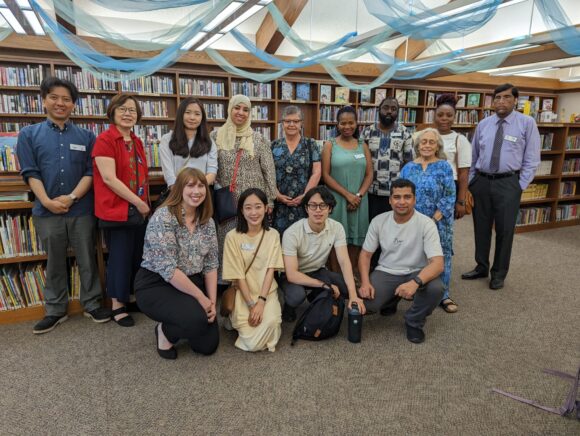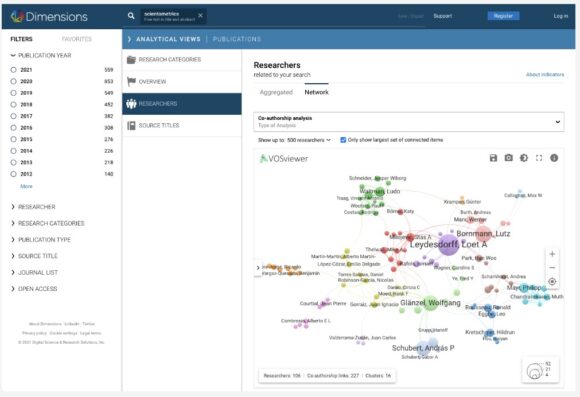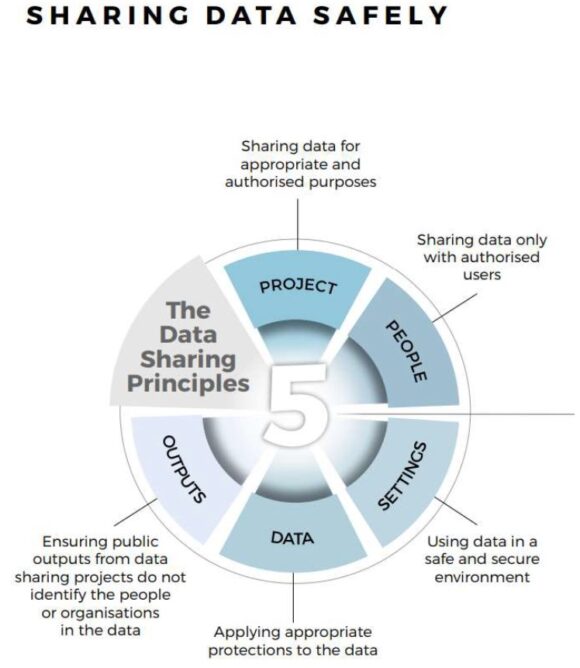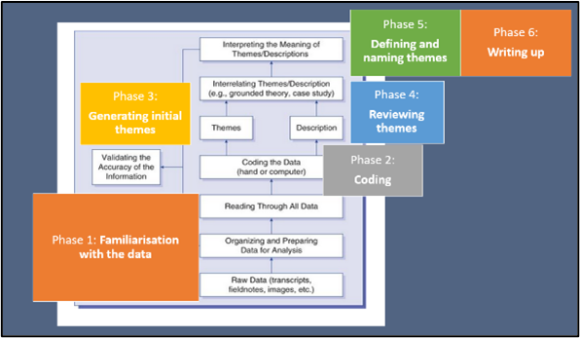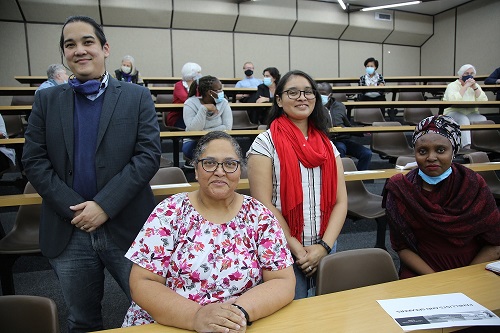Did you know that the Library has three different repositories?
SUNScholar – Stellenbosch University’s institutional research repository
SUNScholar might be the most well-known of our repositories. Since the inception of SUNScholar and its predecessor, Electronic Theses & Dissertations (ETD), the items in SUNScholar have grown steadily to reach a substantial number of 29 500 full-text items in 2021. The entire process of submission, evaluation, verification and acceptance takes place online. The ingest of new data into SUNScholar is partly due to the biannual graduation ceremonies, the SU research report and authors’ self-archived published articles. Self-archiving of published articles gives authors the opportunity to disseminate their research more widely, as SUNScholar has established itself as an accredited institutional repository.
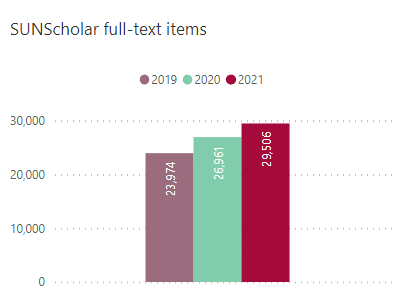
In total SUNScholar had 461 735 visits and 158 470 items downloaded. In the graph below it is interesting to see from which continents it is mostly visited.
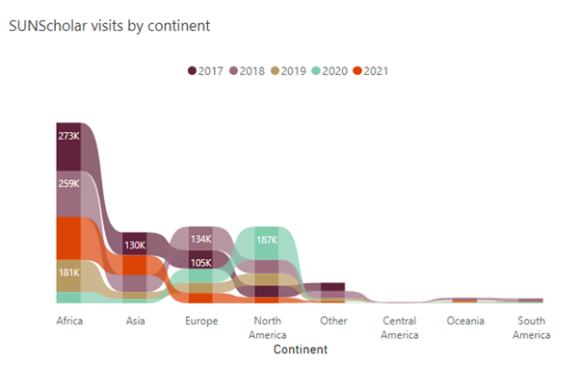
SUNDigital – Digital Collections
SUNDigital has also been around for a number of years, but might not be as well-known as SUNScholar. A wealth of interesting original manuscripts, maps and photographs have been digitised to form collections within SUNDigital. The total number of items in this digital heritage repository is 15 896 (2021). The repository usage is high at 51 983 times visited, and 37 051 downloads in total.
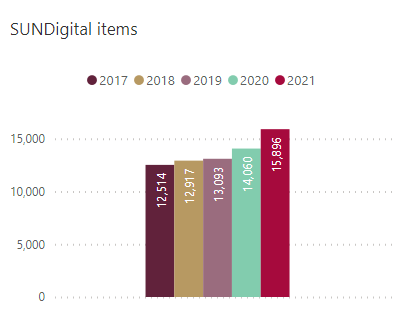
SUNScholarData – Stellenbosch University’s research data repository
The new kid on the block is SUNScholarData. Since its inception in 2019, a growing number of depositors have contributed to the datasets housed in this repository, including linked PLoS datasets. The use of this repository is also growing with 5 034 views and 3 078 downloads in 2021.

Enquiries: Paulette Talliard and Samuel Simango

